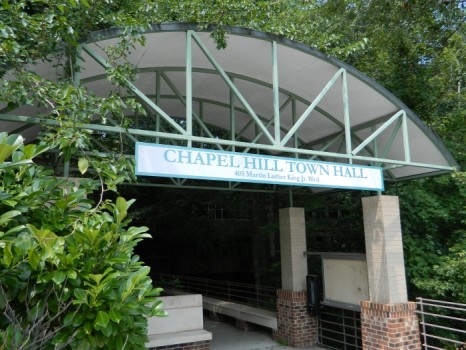Around 20 percent of Chapel Hill’s residents speak a language other than English at home and about 6 percent of residents have limited ability speaking or understanding English.
Thanks to a recently enacted town initiative, Chapel Hill is working to accommodate those residents and ensure they can participate in the town’s services.
The town created its Language Access Plan to respond to immigrant and refugee residents who brought it up as a priority during the Building Integrated Communities project in 2018. Studies found the top non-English languages in the Chapel Hill community are Burmese, Karen, Mandarin Chinese and Spanish. The town’s Housing and Community department worked on a comprehensive plan around those languages and the town council unanimously approved it in November.
The access plan will help immigrant and refugee residents by offering several resources for engaging with the town’s government, programs and services. Some of them include offering free interpretation and translation services, the translation of emergency communications and documents into the town’s primary languages and educating town staff about the diverse cultures within Chapel Hill.
At the town council meeting before it was approved, Chapel Hill Mayor Pam Hemminger commended the town staff on their work to craft the Language Access Plan. She said she enjoys how the process highlighted the town’s diversity.
“The data was fascinating about all the different languages you were tracking in our populations,” said Hemminger. “I think this is a wonderful program you’re putting together, and I think people may be not as aware about how many different languages we have in our community. But I love it that we have so many.”
Council member Hongbin Gu agreed with Hemminger and offered advice to town staff of promoting the plan’s existence in-person instead of exclusively online.
“From my experience of interacting with those communities with language barriers,” Gu said, “I think the most effective way is to go to their community. Their gathering places, their church services, community groups might be the best venue to spread the word and let them know.”
The town government will now look to continue to address needs of the immigrant and refugee communities outlined in the Building Integrated Communities Action Plan.


